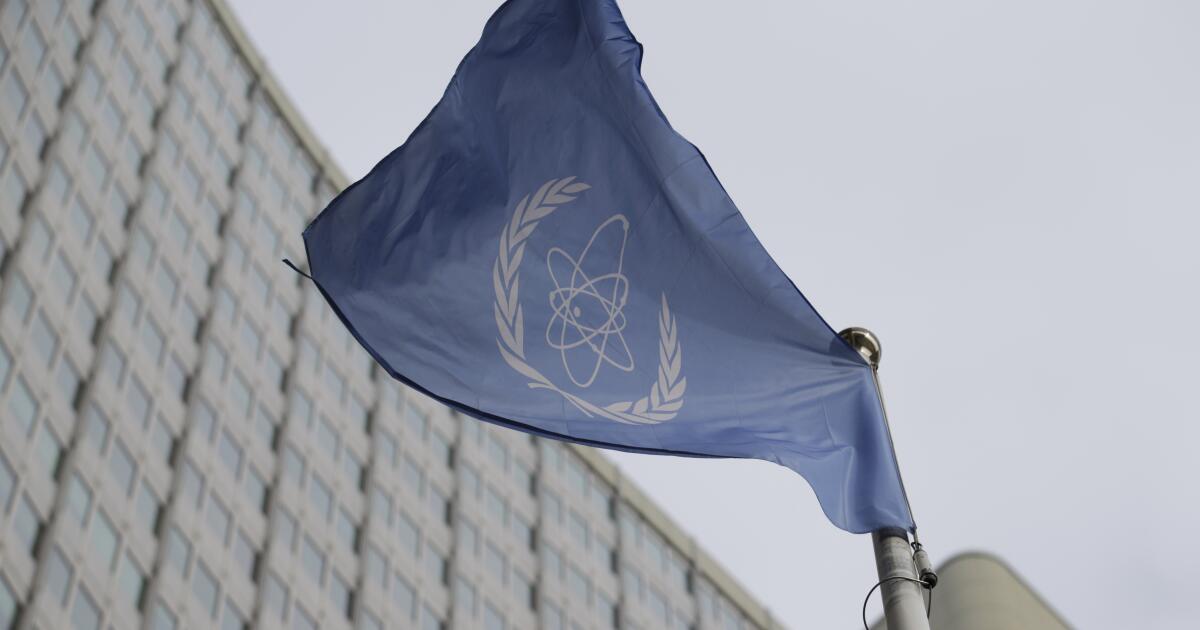TEHRAN — The deputy head of the United Nations’ nuclear watchdog will visit Iran in a bid to restore frayed ties, the Islamic Republic’s foreign minister said Sunday.
There will be no inspection of nuclear facilities during the visit by the International Atomic Energy Agency scheduled for Monday, Foreign Minister Abbas Araghchi said. The visit would be the first since Israel and Iran’s 12-day war in June, when some of its key nuclear facilities were struck.
Iranian President Masoud Pezeshkian on July 3 ordered the country to suspend its cooperation with the IAEA after U.S. and Israeli airstrikes hit its most important nuclear facilities. The decision is likely to further limit inspectors’ ability to track Tehran’s program that had been enriching uranium to near weapons-grade levels.
“As long as we haven’t reached a new framework for cooperation, there will be no cooperation, and the new framework will definitely be based on the law passed by the Parliament,” Araghchi said.
State media last week quoted Araghchi as saying during a television program that Tehran would allow for IAEA cooperation only through the approval of the Supreme National Security Council, the country’s highest security body.
Iran has had limited IAEA inspections in the past as a condition of agreements with Western powers, and it is unclear how soon talks between Tehran and Washington for a deal over its nuclear program might resume.
U.S. intelligence agencies and the International Atomic Energy Agency had assessed that Iran last had an organized nuclear weapons program in 2003, though Tehran had been enriching uranium up to 60% — a short, technical step away from weapons-grade levels of 90%. Iran says its nuclear program was not for military purposes.
The U.S. bombed three major Iranian nuclear sites in June as Israel waged an air war with Iran. Nearly 1,100 people were killed in Iran, including military commanders and nuclear scientists, while 28 people were killed in Israel.
